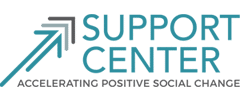
Over the past three years Support Center has supported the organizational and mission sustainability of over 200 nonprofit organizations through comprehensive consulting and coaching engagements, including organizational assessments, strategic plans, executive coaching, board development, and redesign efforts.
In that time, we have also supported more than 30 nonprofits through an executive transition and conducted over 250 professional development workshops — both open to the public and customized for specific nonprofit groups — designed to help new and emerging nonprofit leaders increase their own personal effectiveness as well as their organization’s overall effectiveness.
The following examples provide a window into our impact. Support Center is also engaged in a multi-year effort to understand the impact of our work through improved assessment efforts.

Badass Animal Rescue
Support Center began working with Badass BK in the fall of 2019 when co-founder Eva Armstrong reached out for support with the small board. Two of the organization’s co-founders had stepped back and the bulk of the responsibility for fundraising, event planning, volunteer management and financial oversight was falling largely on Eva and two other board members. Krista MacDonald, a long-time volunteer and dog rescuer, was serving as program director, and her role was not well defined. Despite its large and devoted cadre of volunteers, Badass BK was stuck – unsure how to proceed with building its staff and Board and how to take advantage of its upcoming 10th Anniversary to sustain and strengthen the organization.
Support Center affiliate consultant Ted Geier focused on building a strong foundation for the organization, starting with training on board and staff roles and responsibilities, recruitment, board structure, committees and meetings, fundraising, and the formation of an advisory board. He administered a board self-assessment to encourage the board to reflect on its own performance and role in the organization’s sustainability, reviewed the bylaws, and helped the board sketch out an achievable short term action plan. This led to Krista being appointed Executive Director, the current Board members reactivating, and the development of a 15-member 10th Anniversary Steering Committee chaired by a newly-engaged and highly effective volunteer.
The next stage of work in spring 2020 focused on helping the 10th Anniversary Steering Committee harness the significant energy of Badass BK’s volunteers, celebrate the many accomplishments of its first 10 years, and start building governance and fundraising capacity and a leadership team to shape the next decade. To build her leadership and management skills, Krista participated in Support Center’s New Executive Director Institute in June.
The Covid-19 pandemic helped raise the visibility of Badass BK. While it slowed down the adoption process, the demand for adoptable dogs skyrocketed and donations increased as well. Support Center will continue to work with the Anniversary Committee and the leadership team to bring on new board members and strengthen governance practices. Ted hopes that as a result of Support Center’s engagement, many more dogs will be rescued and adopted into loving families, and the amount of net kindness and goodwill in New York will proportionally increase as a result. “When we started, literally 200 active and engaged volunteers were running an organization with one staff member, no executive director, and only one productive board member. But, demonstrating the power of one, the one staff member and the one Board member are building an effective team that will positively affect the lives of thousands of people and their dogs! Working with Badass reminds me of what a joy it is to do this work.”
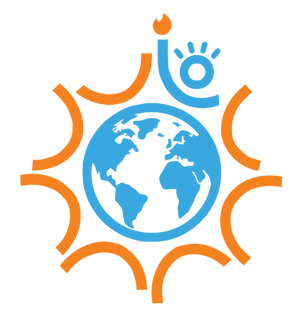
Central American Refugee Center
Through Support Center’s Organizational Navigator program, Central American Refugee Center’s (CARECEN) staff and board took the iCAT assessment, under- went priority setting and goal check-ins with Support Center Navigator Joan Malin, and developed processes that have been “instrumental in CARECEN’s expanded capacity and preparedness for our next 40 years.”
One primary focus for their internal capacity building was to provide staff leadership and skill building opportunities. Through the Organizational Navigator program, CARECEN staff had access to trainings and workshops for free that “have been invaluable in helping staff develop skills and be effective in their roles. Sometimes staff are not only new to the field, but new managers, and these trainings helped them get up to speed quickly.” This included participation in trainings led by Support Center Consultant, Rodney Fuller. Rodney’s material “connected” with CARECEN staff, and “left them excited to attend subsequent sessions because they felt like they would continue to learn.”
CARECEN had also set board development as a high priority. Following the recruitment of new board members, CARECEN enlisted Support Center to provide board development and training. The introduction of Marie Zieger, Support Center Affiliate Consultant, allowed for a more cohesive and effective board that was able to have challenging conversations. Marie acted as a “bridge” between Executive Director and board, and “in two short sessions, helped the board to understand their roles effectively, build relationships, and lay the groundwork for a strong board moving forward.”
Despite the pandemic and lingering effects, CARECEN was able to build their internal capacity. They recently secured a funding partner for a multi-year commitment and a promise to introduce the organization to additional funders. This funding commitment will allow them to further their mission of providing high quality legal assistance to immigrant communities in Nassau and Suffolk counties. Reflecting on Support Center’s partnership with CARECEN over the past 12 months, Elise spoke to the importance of being acknowledged as a distinct organization with unique growth opportunities. “Every nonprofit leader needs to know about Support Center. There are so many resources, but we don’t know where to find them. Support Center provides a plethora of information, understands our needs, and has services tailor-made to fit them.”
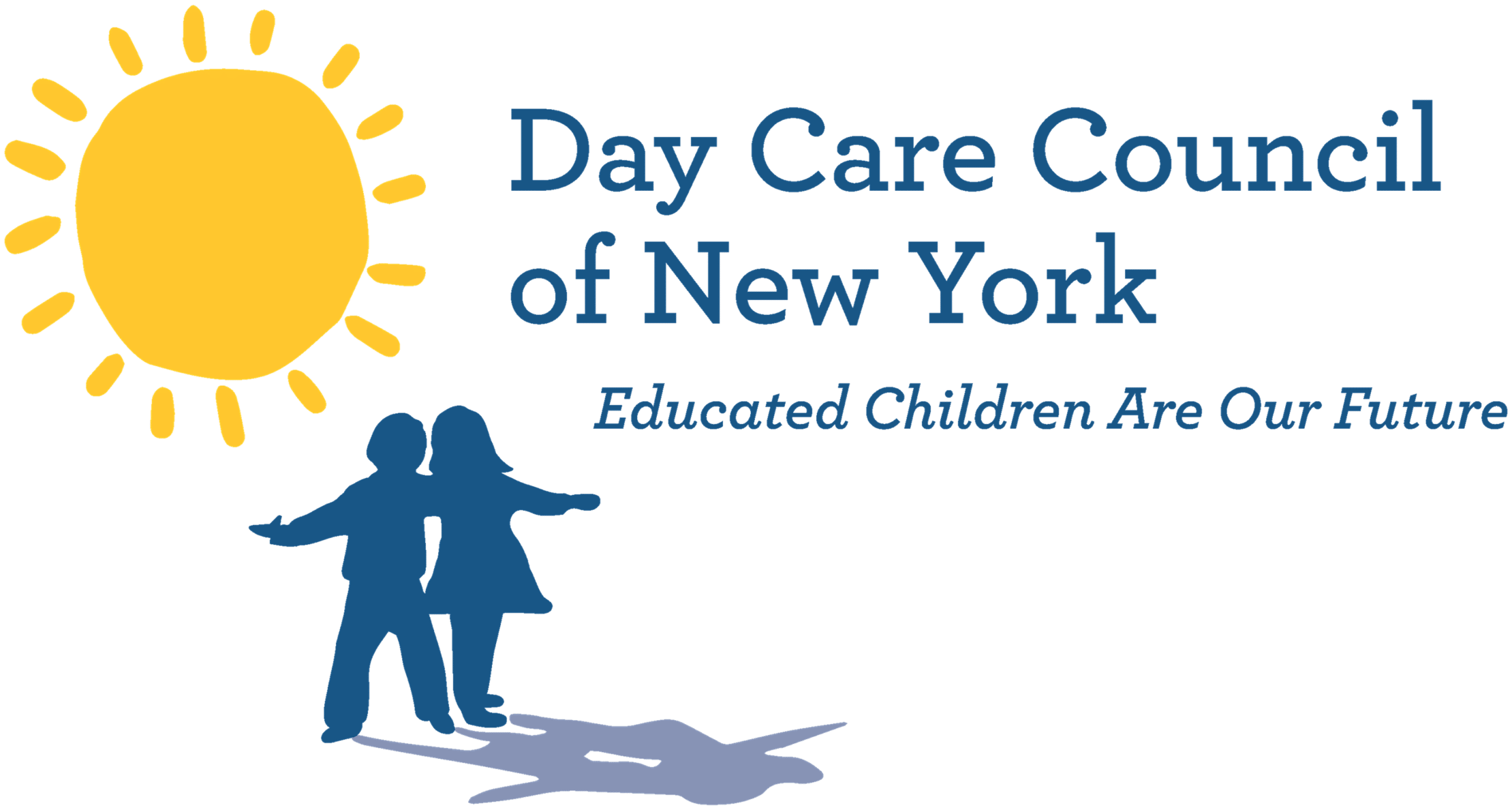
Day Care Council of New York
DCCNY is a unionized, membership organization serving children from 2-5 years that represents the childcare centers under contract with New York City and also provides direct service to the home childcare community (mostly Jamaica, Queens). In 2022, Support Center worked with DCCNY to identify their next ED, Tara Gardner, who was previously at Fresh Air Fund and who has been a part of the DCCNY community for 26 years as a user of their services. Support Center had the chance to chat with Gardner and Alice Owens, Board Vice President, as part of our 2022 annual meeting in June. From the outset, DCCNY’s board was concerned about a successor following the departure of a long tenured ED amidst major changes in the industry. Not only was the publicly funded daycare industry transitioning to oversight with the Department of Education, but the ongoing pandemic meant that young children more than ever needed safe spaces to learn. There was pressure to find the right candidate with both perspective on the evolving nature and purpose of daycare education and the ability to relate well with DCCNY staff and the staff at member organizations. As is often the case, Support Center worked with the board to understand and prioritize the “must haves” and “like to haves” for candidates.The board depends on the ED to not only keep the agency running but also to keep the board informed of successes and challenges. The Search Committee ultimately prioritized an adaptable, good manager with familiarity with NYC and its idiosyncrasies. This shifted focus to more local and regional talent. Support Center’s interviews with all board members developed clarity around the organization’s future and what the board was looking for in a new leader. Additional interested parties from umbrella organizations, peer organizations, and government and labor representatives participated in background interviews. In the end, Gardner, previously at the Fresh Air Fund, was selected as the ED. While Gardner is a first-time ED, she long knew that she wanted to lead an organization. She had always worked with groups representing children over five years old, and serving a younger population would be a different experience and new opportunity. “I draw upon my personal connection to the organization’s mission and what DCCNY did for me personally as a user of their services and the opportunities it afforded my family,” says Gardner. And while she wasn’t necessarily looking for this opportunity, she took the leap and landed in the right place. That’s not to say that this has been an easy transition. The City has thrown a lot of challenges DCCNY’s way, with missing payrolls and the accompanying destabilization wrought by these financial challenges. But DCCNY, under Gardner’s leadership and with support from the board, continues to make the case for their members and to educate the administration that daycare professionals are essential workers who show up to work every day and need to be paid on time.

RIP Medical Debt
RIP Medical Debt was founded in 2014 and empowers donors to forgive billions in oppressive medical debt. They are dedicated to removing the burden of medical debt for individuals and families and veterans across America. In 2016, RIP Medical Debt began to experience tremendous growth and in 2020, Allison Sesso was brought on as the executive director. Currently, RIP Medical Debt has 25 full-time and part-time employees, and a number of consultants that contribute to the team. While they are headquartered in New York, like many organizations, they have a geographically diverse staff.
RIP Medical Debt approached Support Center in 2021 to explore staff trainings to promote a strong, positive work culture that would be engaging, fun, and provide skills to work effectively across differences in work styles. Support Center Facilitator Keith Green provided a DiSC assessment exercise and interactive workshop with the goals of building comradery and encouraging staff to think about their work styles and communication approaches.
Priscilla Keith, Director of Program Management, and Blanca Godoi, Administrative Services Manager, noted that the RIP Medical Debt staff enjoyed the DiSC assessment. “I noticed people saying things like, ‘I need to step back in meetings’, or, ‘I need to not over analyze everything.’ The staff, after an explanation of the DiSC, understood how it works and its applicability. Most of them agreed with their assessment and sought to understand how it related to the DiSC styles.”
Along with the DiSC assessment, RIP Medical Debt staff attended a workshop designed to engage staff with each other and facilitate self-reflection on their work styles and their own methods of interacting with colleagues. This felt especially pertinent in an era where relationships are built and sustained through video meetings and telephone calls.
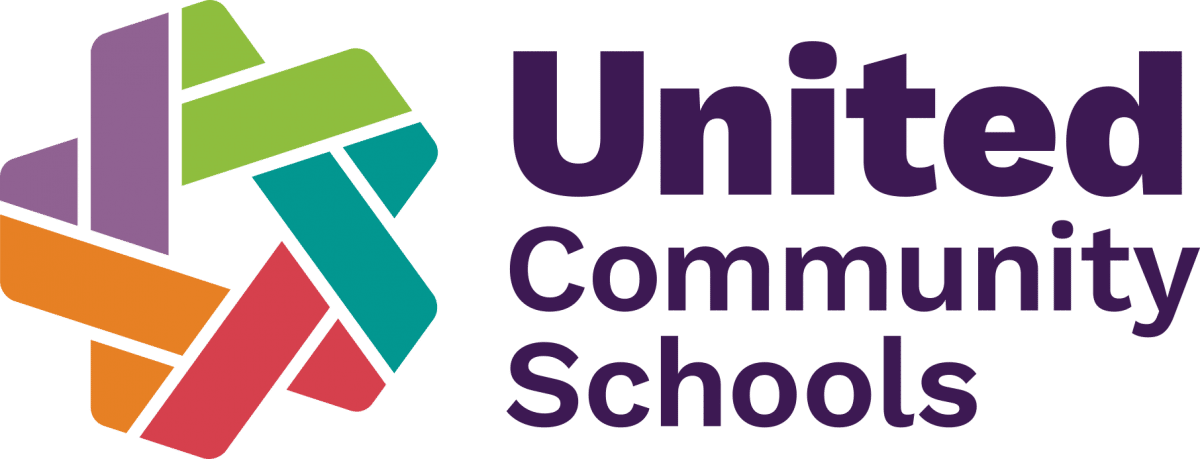
United Community Schools
UNITED COMMUNITY SCHOOLS (UCS), an arm of United Federation of Teachers (UFT) established by UFT in 2012, facilitates partnerships between public schools and a network of committed nonprofits, local business, and government agencies to meet the health, safety, and social service needs of students, parents and communities —all with the aim of boosting student achievement. UCS’s leadership was eager to start strategic planning back in 2019, but instead took a step back to engage the organization in work around developing a Theory of Change and logic model, anti-racism training, and team building, recognizing that this would enable consensus building and more successful outcomes in planning. They also expanded their central team and promoted several staff to leadership positions. Now ready to go, UCS circled back to Support Center in 2022 and launched a planning process with Support Center affiliate consultant Gilles Mesrobian as project lead.
UCS Executive Director Karen Alford and Associate ED Christine Schuch wanted to ensure that they were paying attention to organizational culture throughout; in addition to requesting a very inclusive process, they asked Mesrobian to incorporate a SWOT (Strengths, Weaknesses, Opportunity, Threats) exercise and a level-setting discussion with senior staff built around People Styles at Work to encourage better interpersonal communication and address certain challenges. Strategic planning unfolded over three sessions between June and August 2022, and team building and fun were a big part of the entire process. “Strategic planning at its core is all about building consensus among decision makers, so we developed a process that started with engagement across the senior leadership team. We then worked outwards from there to engage each level of leadership in phases, allowing us to to collect input and refine the strategy until we got to those who would be carrying out many of the priorities at the grassroots level,” says Mesrobian.
“UCS had a very clear understanding of how decisions are made in their organization, as well as a very deep bench of experience and skill in their industry. They are not only leaders in their field, but they have their fingers on the pulse of what’s happening in the industry and in their communities. This allowed me to focus on pure strategic planning, facilitating a process that allowed that knowledge to emerge and be shared and leveraged across the leadership. In this way the group was able to quickly understand and come to consensus on the challenges that lay ahead and then focus collectively on how to address them in their plan. There was no need to go outside of their organization to fill gaps in critical knowledge or collect information that was critical to the plan. It was already resident in the organization and its leadership. That’s the perfect scenario for effective strategic planning.”
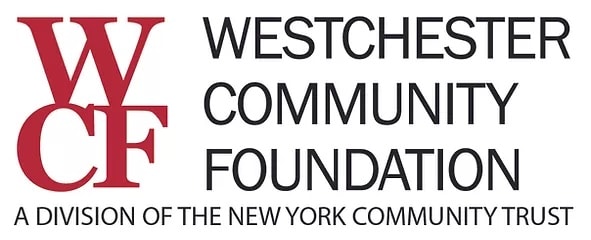
Westchester Community Foundation
In early 2021, Support Center launched a cohort-based strategy and planning program, in partnership with the Westchester Community Foundation, for small and medium-sized nonprofit arts organizations that wanted to refresh and reframe their strategic priorities amid Covid-related economic and cultural disruption. The program brought together EDs, staff, and board members from six organizations to form a “community of practice,” centered around five monthly virtual peer learning sessions and fortified by office hours where individual organizations could get feedback on their plans. Participants (below) included two public libraries that serve as arts hubs in their communities.
▪ ▪ ▪ Clay Art Center
▪ ▪ ▪ Hendrick Hudson Free Library
▪ ▪ ▪ Pelham Art Center
▪ ▪ ▪ Magic Box Productions, Inc.
▪ ▪ ▪ Mamaroneck Public Library
▪ ▪ ▪ The Picture House Regional Film Center
“While we always hope these kinds of programs have a significant impact on every participant, we know that’s unlikely. But when one nonprofit executive director writes not once but twice about how much the sessions helped her, I am beyond gratified,” shared Robin Melén, Program Officer at Westchester Community Foundation. Ultimately, every organization ended up with written work outlining their strategic direction, priorities, and desired outcomes over the next 3-5 years. Several drafted strategic plans for the first time in the history of their organization. Nelle Stokes, Executive Director of Magic Box Productions, Inc., said, “Thank you all so much for making this such a wonderful experience. The organization, program design and expertise was greatly appreciated. We listened, learned, and now can’t wait to share with our organization as we develop our plans moving forward.”
